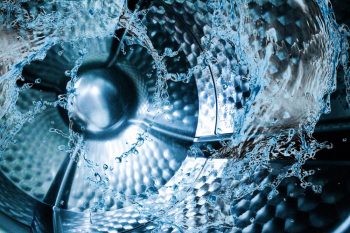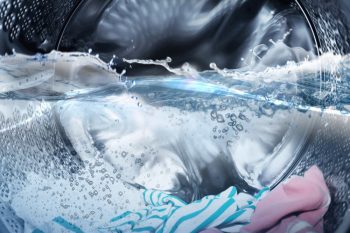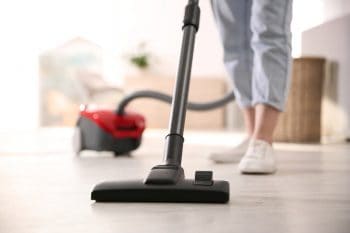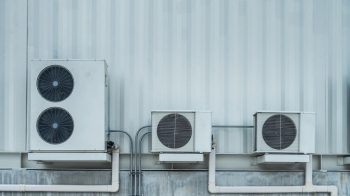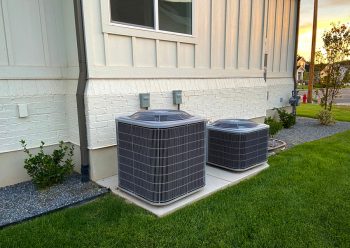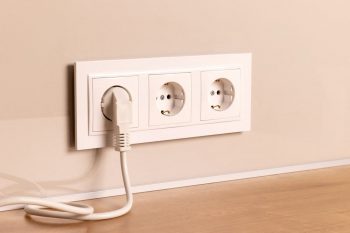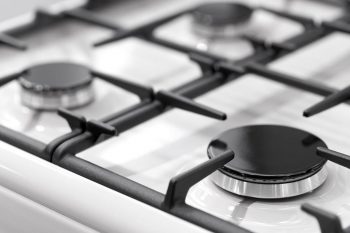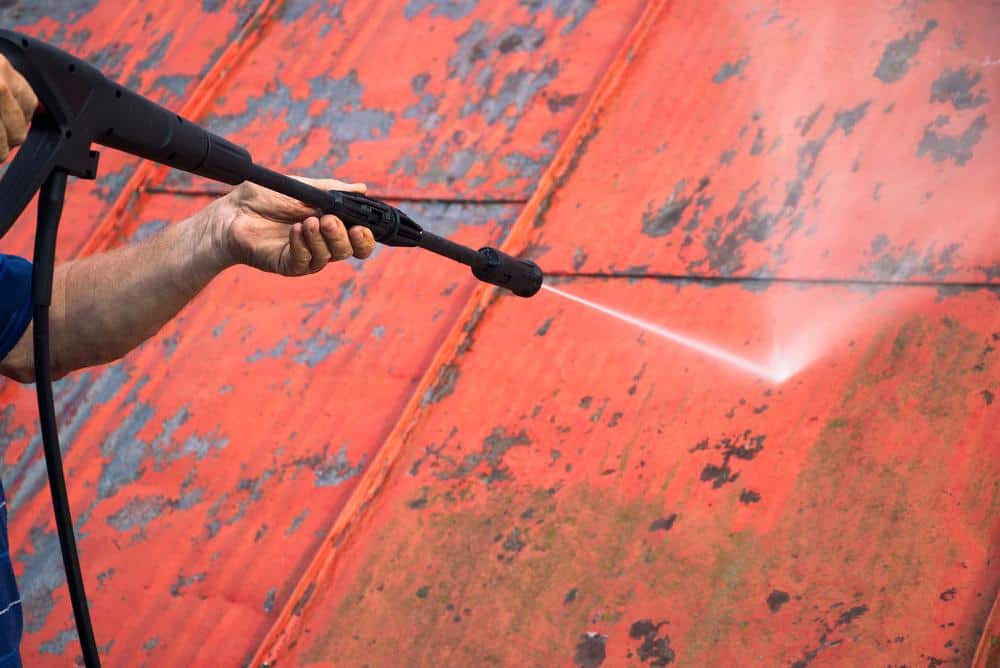
It’s a sunny day, and you’ve decided to tackle the grime and dirt that’s been building up on your driveway. You pull out your trusty pressure washer, connect it up, and start it running. But just as you’re about to make the first swipe at the dirt, the engine sputters and dies. You try again, and the same thing happens. You’re left wondering, “Why won’t my pressure washer stay running?”
There could be several reasons why your pressure washer isn’t staying operational. This article will explore these possible culprits and provide you with solutions to get your pressure washer running smoothly again.
Your pressure washer might not stay running due to a dirty or damaged spark plug, a faulty ignition coil, improper fuel mixture or contamination, a clogged carburetor, or a low water supply. Regular maintenance, including cleaning or replacing the spark plug, checking the ignition coil, using high-quality fuel, cleaning the carburetor, and ensuring sufficient water supply can help keep your pressure washer running smoothly.
Dirty or Damaged Spark Plug
One of the most common reasons your pressure washer might not stay running is a dirty or damaged spark plug. The spark plug is responsible for igniting the fuel in the engine. If it’s dirty or damaged, it can prevent the engine from starting or cause it to stall.
To address this issue, you’ll need to inspect the spark plug. If it’s dirty, you can clean it using a wire brush and some cleaning solution. If it’s damaged or worn out, you’ll need to replace it. Here is a video tutorial showing how to replace a spark plug.
Faulty Ignition Coil
A faulty ignition coil can prevent the spark from igniting the fuel in the engine, causing the pressure washer to stall. To fix this, you’ll need to inspect the ignition coil and replace it if necessary. This video tutorial can guide you through the process.
Fuel Mixture and Contamination
Improper fuel or fuel contamination can lead to a pressure washer failing to stay operational. Bad fuel can cause problems such as clogged injectors, damaged engine parts, and loss of power. To avoid these issues, it’s essential to use fresh, high-quality fuel and maintain the fuel system by regularly inspecting and cleaning or replacing the fuel filter.
Clogged Carburetor
A clogged carburetor is another common reason for a pressure washer to stall. Carburetors can become clogged if the pressure washer has been unused for a long time or if it was not winterized before storage. To fix a clogged carburetor, you can use a carburetor cleaner to remove any build-up. If cleaning doesn’t resolve the issue, you might need to replace the carburetor.
Low Water Supply
Insufficient water supply can cause your pressure washer to malfunction. If the water source isn’t providing enough water to match the pressure washer’s demands, it can result in low water pressure, reducing the cleaning efficiency of the machine. Regularly check your water supply and ensure it’s sufficient for your pressure washer.
Regular Maintenance for Long-Lasting Performance
Regular maintenance is key to preventing most of these issues. This includes regular checks and changes of oil, maintaining O-rings, using appropriate cleaning fluids, inspecting debris screens, checking the spray gun and hose, and storing the pressure washer properly.
In conclusion, a pressure washer failing to stay operational can be due to a variety of reasons, from a dirty spark plug to a low water supply. By regularly maintaining your pressure washer and addressing these common causes, you can ensure your pressure washer stays running for a long time. If you’re still experiencing issues after troubleshooting, consider consulting a professional.
Frequently Asked Questions
What type of fuel should I use for my pressure washer?
Most pressure washers run on regular unleaded gasoline. However, it’s always best to consult your pressure washer’s user manual to ensure you’re using the correct type of fuel. Using the wrong type of fuel can damage the engine and affect its performance.
How often should I change the oil in my pressure washer?
Generally, you should change the oil in your pressure washer after the first 20 hours of use, and then every 100 hours or once a year, whichever comes first. However, this can vary depending on your pressure washer model and the conditions in which it’s used, so always refer to your user manual for specific guidelines.
How do I winterize my pressure washer?
Winterizing your pressure washer involves draining any remaining water, running a pump saver through the system to protect the internal parts from freezing, and storing the unit in a dry, frost-free place. It’s recommended to winterize your pressure washer if you won’t be using it during the colder months to prevent damage and ensure it’s ready to use when you need it again.
What should I do if my pressure washer hose is leaking?
If your pressure washer hose is leaking, it’s most likely due to a damaged or worn-out O-ring. You can try replacing the O-ring to fix the leak. If the hose itself is damaged, you will need to replace the hose.
Can I use any cleaning fluid in my pressure washer?
Not all cleaning fluids are safe or effective to use in a pressure washer. It’s best to use a pressure washer-safe detergent or cleaning solution. Always check the product label for compatibility before using it in your pressure washer.

